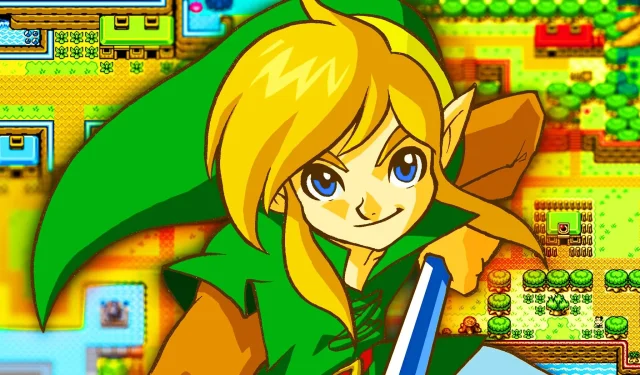
The influence of Link in The Legend of Zelda series is undeniably vast, but one particular minor character’s life story is uniquely shaped by the hero’s decisions. While many titles within the franchise do not feature alternative endings, a few allow for variations in scenes that hinge on player actions. Nonetheless, one NPC experiences a significantly deep impact, leading to multiple endings for his story, each offering distinct rewards based on Link’s choices.
It’s easy to overlook smaller, one-time NPCs in The Legend of Zelda, especially as numerous iconic characters recur throughout various games. However, these lesser-known figures add a unique charm, contributing to the overall identity of the franchise. Link often influences their lives through minor quests, but there is one notable series of interactions that not only defines an NPC’s entire narrative but also integrates a gameplay mechanism that has never been replicated.
The Impact of Link on an NPC’s Life in the Oracle Games
How Link Influences the Development of Bipin and Blossom’s Son
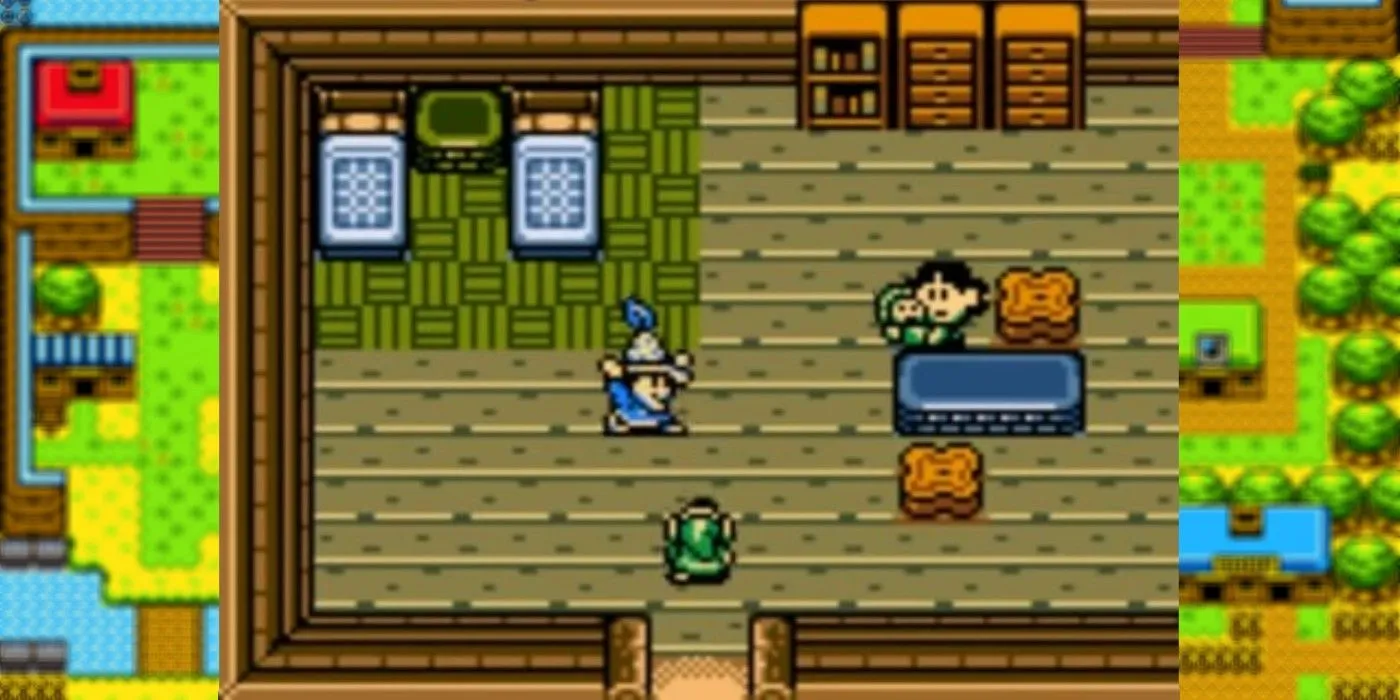
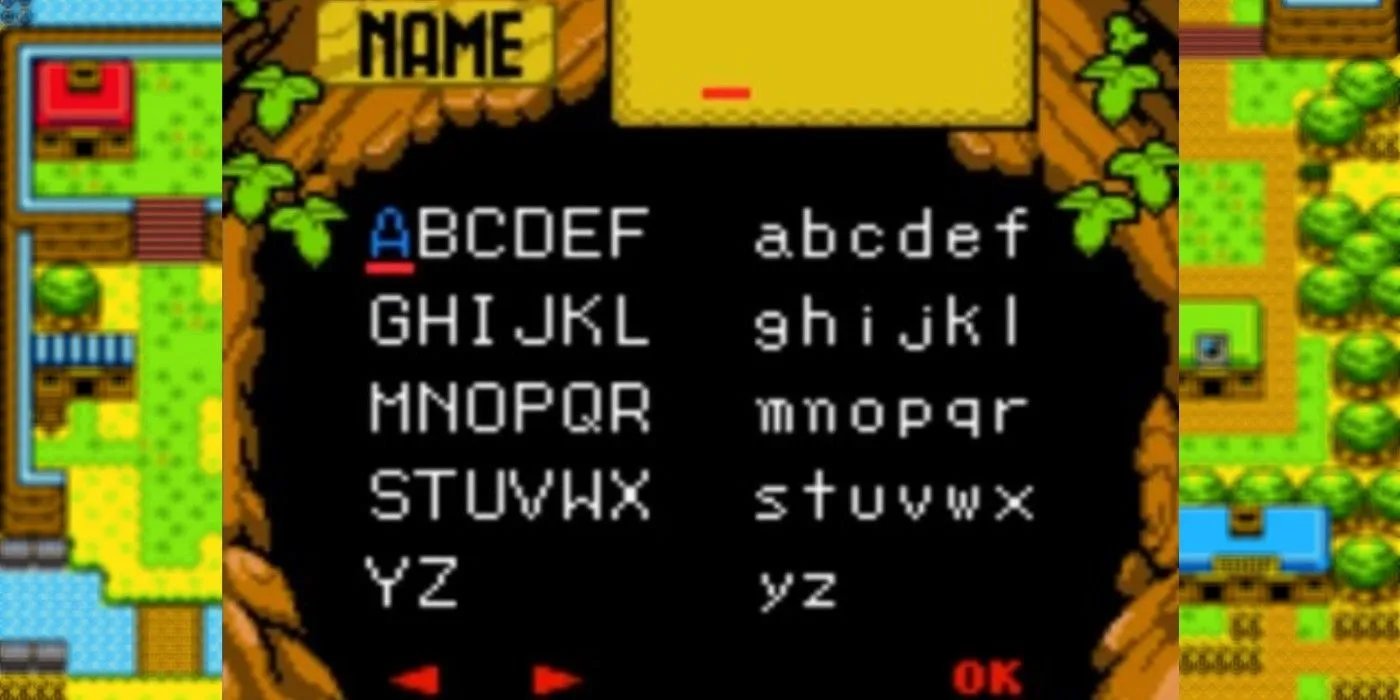
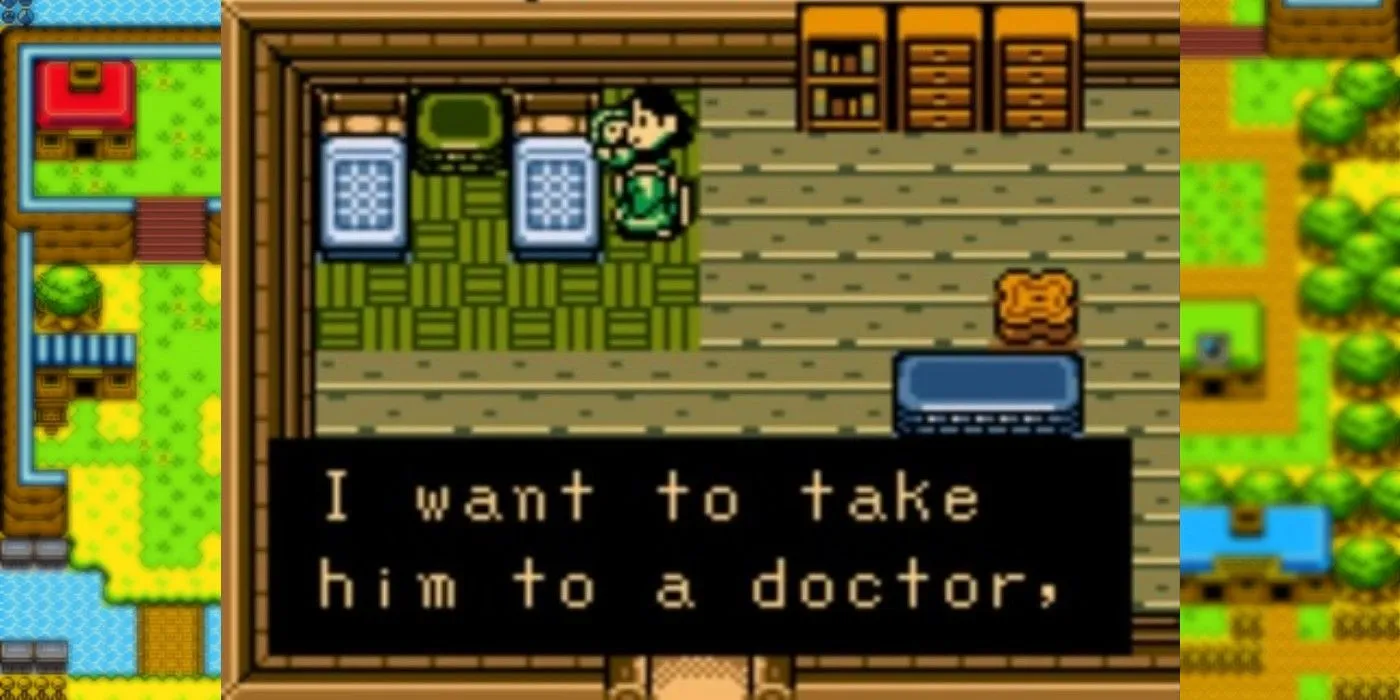
In the games The Legend of Zelda: Oracle of Seasons and Oracle of Ages, both titles have a unique synergy, requiring players to complete them in a specific order to achieve their shared true conclusion. Early encounters introduce players to a family consisting of Arborist Bipin, his wife Blossom, and their child. Upon meeting them, Blossom requests Link’s assistance in naming her son, initiating a series of choices that will dictate the child’s future, guiding him down one of four distinctly different paths.
Although players face a five-character limit when naming the child, which excludes names like “Bipsom,”the child’s progress continues to evolve based on Link’s choices. Throughout the game, Link is often approached for advice and even Rupees as the child grows, with decisions made early on substantially affecting the boy’s eventual character traits.
As Link collects Essences, Blossom makes requests tied directly to her child’s well-being. For instance, after gathering two Essences, she will seek Rupees for a doctor visit when her son becomes ill. Later, after six Essences, her inquiries shift to advice on sleep issues. As Link’s decisions influence the boy through the game, he transforms from a baby to a child exhibiting traits of curiosity, shyness, or hyperactivity.
The Dramatic Impact of Player Choices on Bipin and Blossom’s Son
Pathways to Four Adult Personalities from Three Childhoods
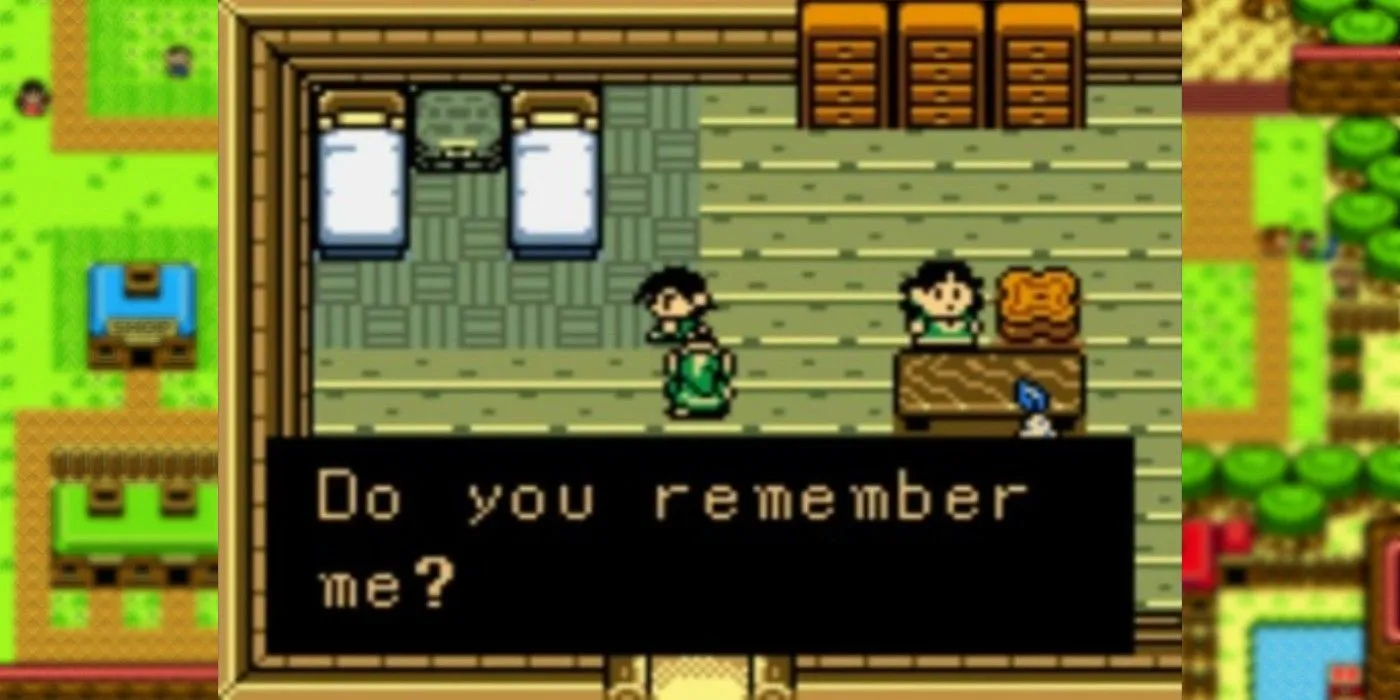
After Link defeats either General Onox or Veran, Bipin and Blossom decide to relocate to the setting of the other Oracle game. This decision necessitates a Linked Game to experience their child’s full growth. Importantly, the family’s development remains unaffected by the game-specific variations, allowing the story’s outcome to be consistent no matter the play order. At this stage, Link’s interactions with the growing boy determine which of four adult personalities he will adopt.
The child will pose different questions to Link based on his personality, and the player’s responses become pivotal in shaping his identity as an adult. The four potential outcomes include a wanderlust-driven traveler, an aspiring hero, an arborist, or a famous musician. Notably, the initial choices made by Link during the child’s early years persist into this phase. For instance, the path to becoming a musician hinges on Link suggesting that Blossom sing the child to sleep.
Interestingly, the rapid aging of Bipin and Blossom’s son raises questions; if his growth followed a natural timeline, it would imply a narrative span of several years—potentially over two decades across the Oracle games.
The array of possible outcomes for this NPC exceeds that of many other characters within the franchise. While other titles may present diverging outcomes through side quests or binary decisions—similar to the endings of Breath of the Wild—the complexity seen in Bipin and Blossom’s son stems from a series of interconnected choices, including the child’s name, which plays a role in determining his eventual personality. This intricate design marks Bipin and Blossom’s son as one of the most complex NPCs in the Zelda franchise.
Evaluating Link’s Rewards from Life Advice Choices
The Unsatisfactory Nature of Link’s Rewards
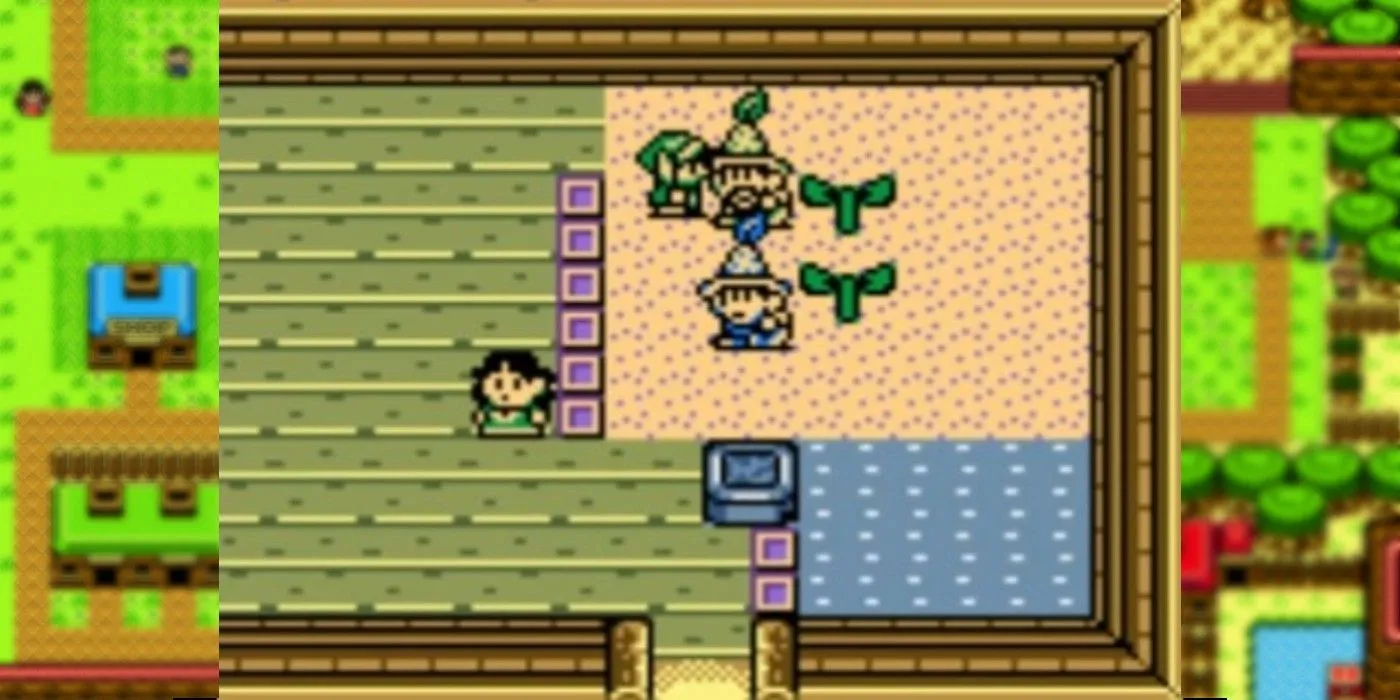
Despite the elaborate systems governing these interactions and the necessity of undergoing a Linked Game—an innovative design element that has not been seen elsewhere in the series—many rewards granted through these NPC interactions can be disappointingly minimal. For instance, if Link suggests that natural talent is crucial for living up to greatness, he only regains a single heart in his life meter as a reward; conversely, a neutral response would yield a mere Rupee. Conversely, if Link encourages consistent training, he may receive a more substantial reward of 100 Rupees.
Additionally, Bipin and Blossom’s son shares various insights regarding niche seed effects on foes, though surprisingly, similar insights can often be obtained through trial and experimentation within the game. The most advantageous reward comes, however, when the child grows to become a Musician. By engaging with the Musician’s completed song, Link can fully restore his health at any point, although this capability becomes available only after collecting six Essences. It’s worth noting that depending on Link’s situation, he might find quicker healing through simpler means, like collecting hearts from earlier in the game.
The story of Bipin and Blossom’s son illustrates the underrated depth found within both Oracle games. Even after 23 years, greater complexity is evident in these titles, emphasizing just how much Link’s choices ripple throughout the narrative. This nuanced aspect of The Legend of Zelda highlights a remarkable level of variety, establishing a benchmark that hasn’t been matched in later games in the series.




Leave a Reply